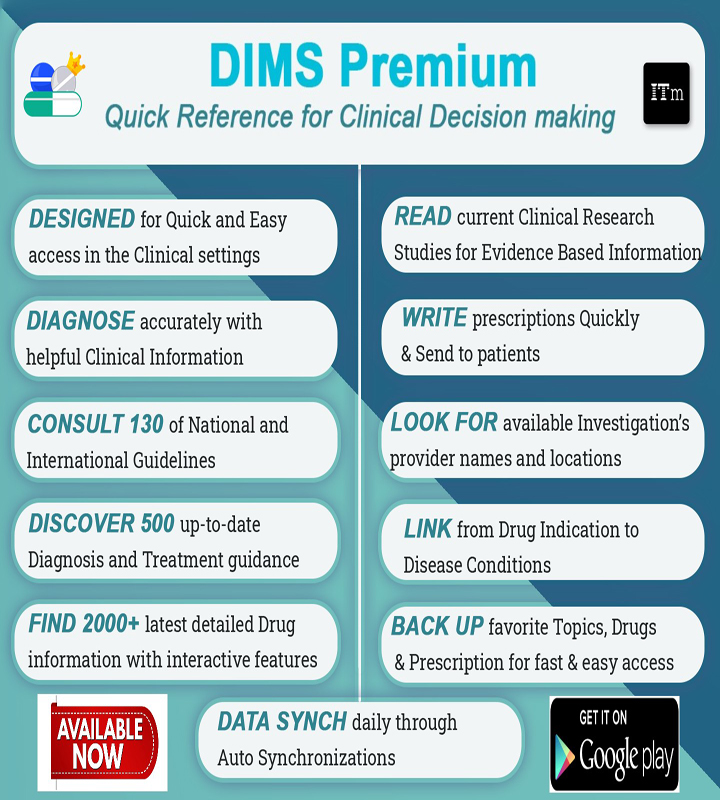WHO Approves World First Malaria Vaccine, a Lifesaver for Children Worldwide
Malaria is a life-threatening disease caused by Plasmodium parasites,
which are spread to humans through bites of infected mosquitoes.
The World Health Organization (WHO) is recommended on October
2021, widespread use of the RTS,S/AS01 (RTS,S) malaria vaccine among children
in sub-Saharan Africa and in other regions with moderate to high P.
falciparum malaria transmission.
WHO recommends that in the context of comprehensive malaria
control the RTS, S/AS01 malaria vaccine is used for the prevention of P.
falciparum malaria in children living in regions with moderate to high
transmission as defined by WHO.
RTS, S/AS01 is a malaria vaccine that targets the
pre-erythrocytic stage of P. falciparum. The RTS, S malaria vaccine
(Mosquirix) is the result of 30 years of research and development by GSK and
through a partnership with PATH, with support from a network of African
research centers.
Vaccine Schedule:
WHO recommends RTS,S/AS01 in a 4-dose schedule for the
prevention of P. falciparum malaria in children from 5 months
of age living in regions with moderate to high malaria transmission, as defined
by WHO.
The schedule includes three primary doses with a minimum
interval of 4 weeks between doses, followed by a booster dose approximately
12–18 months after the third dose.
An optional 5-dose strategy may be considered in areas with high seasonal malaria transmission or areas with perennial malaria transmission with seasonal peaks. This strategy includes three primary doses administered at monthly intervals and two annual booster doses administered prior to peak malaria transmission season.
Vaccine Efficacy and
Safety Profile:
RTS, S/AS01 is a vaccine against malaria caused by P.
falciparum. In phase 3 trials, RTS, S/AS01 showed vaccine efficacy
against P. falciparum malaria and was at least as
effective as seasonal malaria chemoprevention in children, with an acceptable
safety and tolerability profile.
In the pivotal Phase 3 trial, vaccine efficacy against
clinical malaria in 5-17 month old children was 67.6% in the 6 months following the third dose
In children, in the 12
months after the third dose, RTS, S/AS01 vaccine efficacy was > 47 % against clinical malaria
(all episodes), severe malaria and malaria-related hospitalization.
Vaccine efficacy waned over time, although clinically
relevant protection was still evident 18 months after the third dose.
Without a booster dose, vaccine efficacy against clinical
malaria was 34% at 30 months, with
no or minimal protection against severe malaria or malaria-related
hospitalization.
RTS, S/AS01 had acceptable safety and tolerability profiles
in phase 3 trials. In a pooled analysis of > 11,000 children vaccinated
with three doses of RTS,S/AS01, the very common adverse reactions occurring
within 7 days post-vaccination were fever (incidence 27%), irritability (14%)
and injection site reactions, such as pain (16%) and swelling (7%)
Doctors Liked to Read More
- RTS,S/AS01 reduces malaria episodes by 40%; it reduces hospital admission for severe malaria by ≈ 30% among children age-eligible for the vaccine (even in areas where insecticide-treated bed nets are widely used and there is good access to diagnosis and treatment); the vaccine saves one life for every 200 vaccinated children and has a favorable safety profile.
- RTS, S/AS01 could be delivered through the routine national immunization programs, with effective and equitable coverage among target children; it has no negative impact on uptake of bed nets, other childhood vaccines or heath seeking behavior for febrile illness.
- RTS,S/AS01 increases equity in access to malaria prevention: the vaccine reached more than two-thirds of children who were not sleeping under an insecticide-treated bed net; when layered, vaccination results in over 90% of children benefitting from at least one preventive intervention (insecticide-treated bed nets or the malaria vaccine).
- RTS,S/AS01
is highly cost-effective in areas of moderate to high malaria transmission.






Comments
You must login to write comment